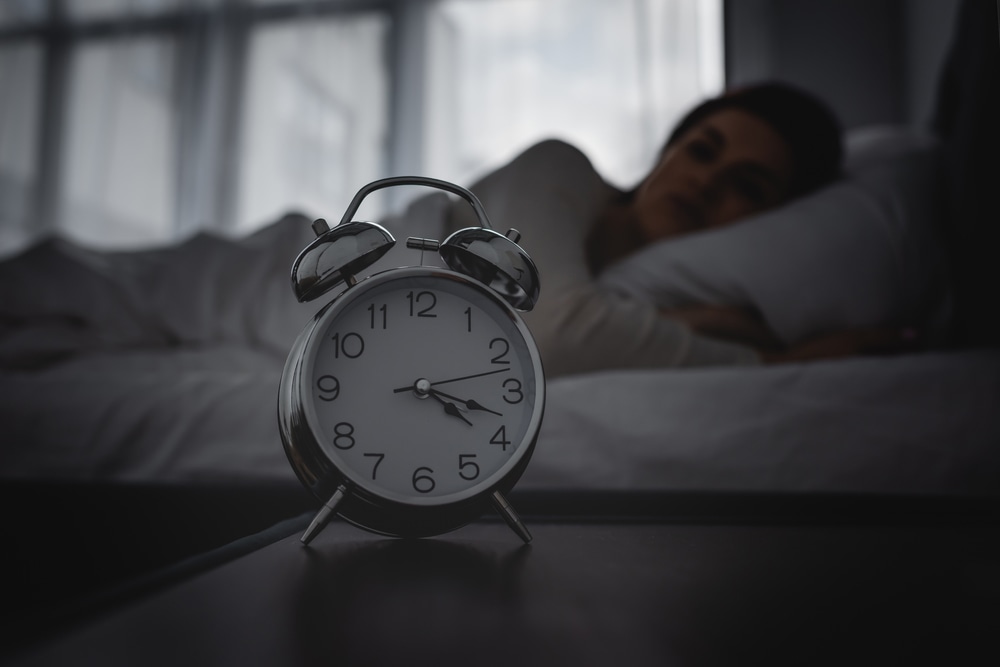Has your loved one started sleeping more and do they often sleep during the day and night? Christina Neal looks at why this might be occurring…
A person with dementia may sleep more during the day and night in the later stages of their condition. It’s important to remember that dementia is a disease of the brain and as their brain becomes more damaged the person’s energy levels and general wellbeing will sadly be affected.
Daily tasks that most of us take for granted, such as going out, household tasks or even holding a conversation can be exhausting for a person with dementia. It’s important to be aware that a person with dementia may struggle to articulate their thoughts and communicate with you, which can also be draining physically for them as well.
A recent change in sleeping habits
However, if your loved one is sleeping much more and this has been a recent change, then speak to the person’s GP to make sure they don’t have an infection or a separate underlying health condition that could be causing the change.
If the person has changed their medication recently, this could be having an effect and there are some medications that can cause drowsiness in any case. These include antidepressants and antipsychotic drugs. It’s worth asking the person’s GP to review their medication or if you are unable to speak to their GP during these challenging times then speak to a pharmacist.
It’s also important to consider the eating habits of your loved one and whether they could be affecting their energy levels. During the mid to late stages of her dementia, my mum’s appetite changed. She developed a craving for sugary and sweet foods and lost interest in eating nutritious meals. Her eating habits became erratic and she wasn’t getting the nutrients she needed until I arranged for her to have Meals On Wheels.
Is your loved one eating well or have they lost interest in food? This is likely to impact on their energy levels.
Confusion about night and day
In general, however, it’s important to point out that dementia can affect a person’s sleep as they may be confused about what time of day or night it is. My mum used to confuse night with day, especially in the summer. She once rang me at 5am asking where I was, thinking it was 5pm. The person may also wake up more often to use the toilet.
Experts are not completely sure why dementia affects sleep beyond these reasons – according to Alzheimer’s Society, parts of the brain that control whether we wake or sleep may not work properly if damaged.
If your loved one is sleeping more but seems comfortable and content, then it’s fine to let them continue to do so, but if this has become a recent thing, then seek help from a medical professional.
